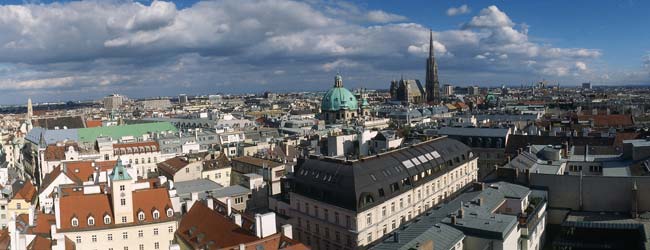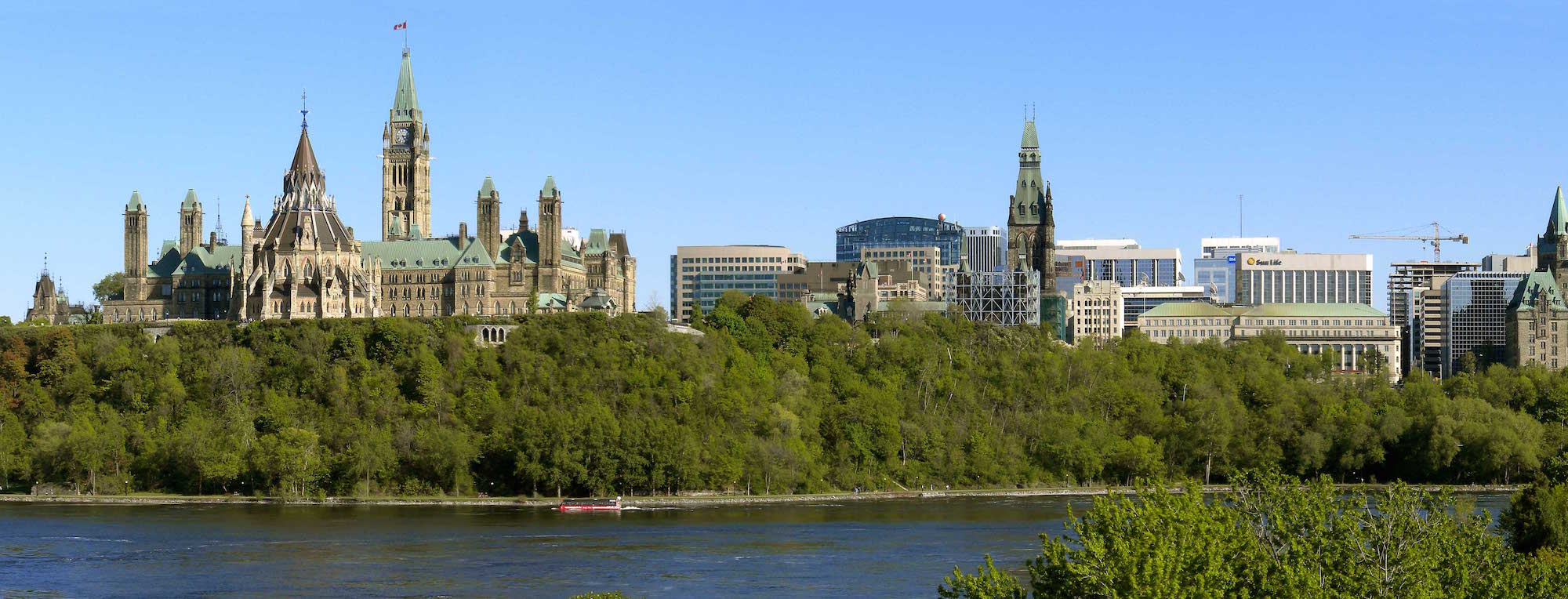Canadian cities dominate North America’s top-five list for quality of life in a closely watched annual survey.
Vancouver is rated first among North American cities in the 2014 Mercer Quality of Living rankings, followed by Ottawa, Toronto and Montreal in second, third and fourth places, respectively.

On a global basis, Vancouver clinches fifth place, followed by Ottawa in 14th, then Toronto (15th) and Montreal (23rd).
San Francisco occupies fifth spot for North America and number 27 globally.

Once again, the top city in the world for quality of life is Vienna, according to the survey.
From our partners:
Zurich is second, followed by the New Zealand city of Auckland and then Munich.
The top-ranking Asian city is Singapore, which is 25th globally. Dubai tops in the Middle East and Africa, 73rd overall.

“On the whole, North American cities offer a high quality of living and are attractive working destinations for companies and their expatriates,” said senior Mercer researcher Slagin Parakatil.
“A wide range of consumer goods are available, and infrastructures, including recreational provisions, are excellent.”
Mercer’s annual Quality of Living survey is conducted to help multinational companies and other employers compensate employees fairly when sending them on international assignments.
The global consulting firm based its index on 39 factors grouped in 10 categories:
- Political and social environment (political stability, crime, law enforcement, etc.)
- Economic environment (currency exchange regulations, banking services)
- Socio-cultural environment (media availability and censorship, limitations on personal freedom)
- Medical and health considerations (medical supplies and services, infectious diseases, sewage, waste disposal, air pollution, etc.)
- Schools and education (standards and availability of international schools)
- Public services and transportation (electricity, water, public transportation, traffic congestion, etc.)
- Recreation (restaurants, theatres, cinemas, sports and leisure, etc.)
- Consumer goods (availability of food/daily consumption items, cars, etc.)
- Housing (rental housing, household appliances, furniture, maintenance services)
- Natural environment (climate, record of natural disasters)
This article originally appeared in The Globe And Mail.













